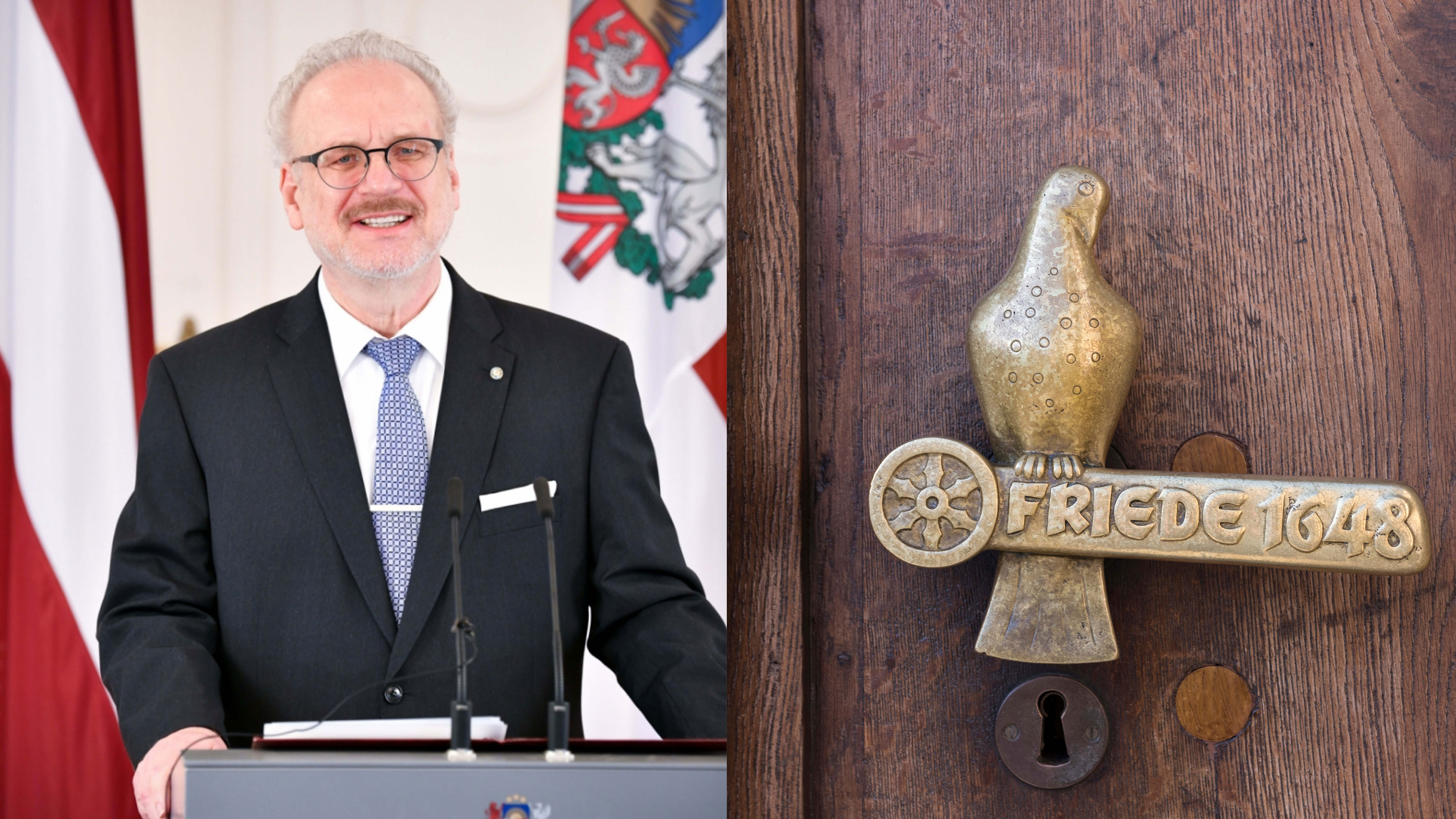A research team from the Institute of Geography at Osnabrück University has established this in a three-year research project on the catering industry in cities in Lower Saxony.
Many catering businesses have responded to the crises by taking measures such as cost reduction and efficiency, for example by cutting staff or reducing their offerings, retaining staff, increasing prices and changing or diversifying their offerings or their entire operating concept. "Especially during the COVID-19 pandemic, networks among restaurateurs were an important basis for receiving mutual support and for sharing knowledge and information," explains Dr. Philip Verfürth from the Institute of Geography. Government support programs, short-time work and recourse to own reserves contributed significantly to the survival of many businesses during the COVID-19 crisis. At 44.7%, the majority of the restaurant operators surveyed consider themselves to have emerged weakened from their biggest business crisis to date. "At the same time, however, 35.7% of those surveyed believe that their businesses have emerged stronger from the crisis. Only just under 20 percent of businesses did not notice any changes at all as a result of the crises," explains Dr. Thomas Neise from the Institute of Geography.
While the catering industry can adapt to individual crises, such as the COVID-19 pandemic, the simultaneous overlapping of several crises makes it difficult for them to take effective measures. Dr. Philip Verfürth explains: "The pandemic, staff shortages, the Russian war of aggression on Ukraine, the energy crisis and inflation - a polycrisis has developed, i.e. a situation in which different crises reinforce each other. This is pushing many catering businesses to their limits, because what helps against one crisis can be detrimental to another. According to the study, almost 40 percent of catering businesses in Lower Saxony see their existence threatened by the crises.
In addition to the above-mentioned crises, businesses are primarily confronted with regulatory requirements, high operating costs and stagnating sales or low margins - also triggered by people's declining consumption and eating-out behavior. Other challenges include the quality and willingness of employees to work, the rising minimum wage and the end of the reduced VAT rate on food. These ongoing crises and challenges often make it impossible to make lasting and sustainable strategic adjustments. "The polycrisis situation therefore leads to a feeling in the industry that the crises are not yet over and will not end. This leads to a high level of uncertainty and unpredictability regarding the future. We therefore expect more businesses to close," says Isabelle Dachs.
"During the COVID-19 crisis, local politicians and local authorities have often realized for the first time how important the hospitality industry is for the social and economic life of cities. We would like to see more targeted support for the sector and the establishment of sustainable support structures," appeals Dr. Thomas Neise. Recommendations for action from the project address the further expansion of advisory and support services, the digitalization of operational processes and the strengthening of networking within the industry and external stakeholders, such as city administrations, politicians and business development agencies.
The data basis of the project "Organizational resilience in the COVID-19 pandemic: Crisis management and strategic adaptation of catering businesses in cities in Lower Saxony" consists of two quantitative online surveys (Germany-wide 2020, 623 surveyed restaurateurs and Lower Saxony-wide 2023, 679 surveyed restaurateurs) as well as 83 qualitative interviews with restaurateurs and representatives of breweries, beverage wholesalers, DEHOGA and chambers of industry and commerce (2018-2025).
Further information on the project
Further information for editorial offices:
Prof. Dr. Martin Franz, Osnabrück University
Institute of Geography
E-mail: martin.franz@uni-osnabrueck.de





